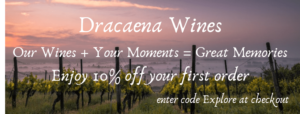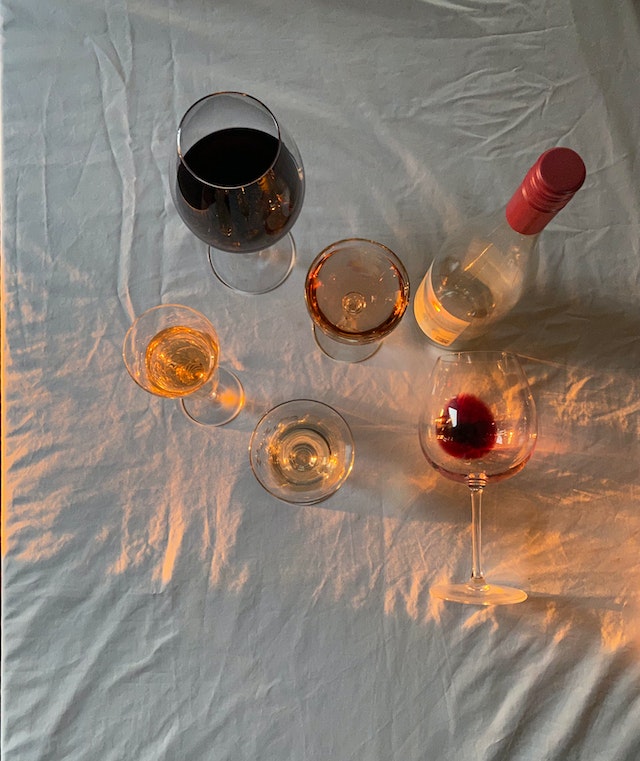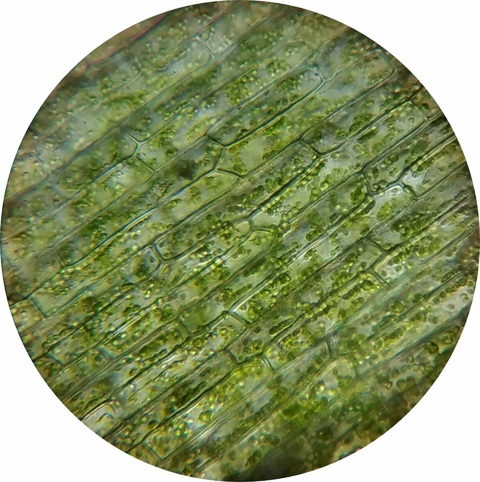To be, or not to be, that is the question:
Whether ’tis nobler in the mind to suffer
The slings and arrows of outrageous fortune,
Or to take arms against a sea of troubles
And by opposing end them. To die—to sleep,
No more; and by a sleep to say we end
The heart-ache and the thousand natural shocks
That flesh is heir to: ’tis a consummation
Devoutly to be wish’d. To die, to sleep;
To sleep, perchance to dream—ay, there’s the rub:
For in that sleep of death what dreams may come,
~William Shakespeare; Hamlet
We are all familiar with this famous monologue from our high school days. Hamlet is contemplating life and death. He ponders whether human existence, his own existence, is worthy of continuing. He is questioning if we have any control over our lives. Is there anything that we can do to guide our ship in the right direction, or if there is a greater force directing us? If there is such a force, is our only choice to go with it or end our lives in order to fight it.
While the circumstances leading Hamlet to face this dilemma was different, his questions hold true towards the wine world. Tasting notes can be both a positive and a negative. There are several wine makers, me being one of them, that have a definitive opinion on tasting notes; I hate them!
The wine world can be an intimidating one and tasting notes can add to that intimidation. The sense of taste is an important one. In ancient times, taste was a required skill to recognize what was safe to eat vs. what literally would kill us.
Humans are capable of tasting five flavors; sweet, sour, bitter, salty and umami, or savory (thank you Kikunae Ikeda for that fifth taste and changing the layout of our tongue.)
As a reminder, our ability to “taste” is due to a group of different sensations occurring simultaneously. It involves our tongue, but more importantly, our nose. The cool thing is that it is also linked to our emotions. It is triggered by our involuntary nervous system. (I won’t go down that rabbit hole, but quickly, the involuntary nervous system controls our muscles, glands and internal organs.) It is what allows our body to rest, relax, and digest food as well as being responsible for our fight or flight impulse.
Here’s the problem… Our brains all work differently. What I see as “red” is a different “red” than you see. How my brain interprets “cherries” is different from how your brain interprets “cherry.” Somehow, in the crazy universe, we can agree that a car is red or we are both buying cherries at the store, but the impulses jumping the synapses in our brain are very different and this is why tasting notes are not a positive.
As a winemaker, I want people to experience my wines. I want them to taste them, as I do. But as a scientist, I know that is not possible, so I am torn. As a winemaker, people expect me to have tech sheets including tasting notes. However, when writing them, I smell certain aromas and taste specific flavors. If I write them as our tasting notes, it leads to a predicament. When the consumer reads the notes prior to tasting they either are “bullied” into agreeing with them or they question why they don’t get the same aromas and flavors.
Have you been missing the weekly Exploring the Wine Glass posts? They have moved. Sign up at http://eepurl.com/be49CD to never miss a post. Subscribe to Dracaena Wines’ blog in the sidebar on this page.
The brain is a marvelous organ. It is so complex, yet so simple to trick. If I hand you a raspberry but tell you that you are smelling strawberries, your brain battles what you are told versus what it thinks and more often than not, what you are told wins and you will smell strawberry.
At Dracaena Wines, we want you to smell and taste what you get out of our wines. We don’t want to tell you what you “should” be sensing. So although we write tasting notes, we hope that you try our wines prior to reading them and interpret the wine yourself. Remember, there is nothing wrong with just saying, “I like this wine.”
What are your thoughts on tasting notes? Have you experienced the “trauma” of not agreeing with the notes that you have read? Share your thoughts in a comment, because I’m truly curious how you feel about being told what you should smell and taste.
~Slàinte!
Please follow us on Instagram, Twitter, Facebook and Youtube.
Try the 90+ rated and multiple Double Gold medal winning wines of Dracaena Wines and get a 10% discount off your first order. Click the banner below and use code “Explore” at checkout. 





I personally do not like tasting notes, but my clients ask about them. I have this conversation frequently.
By the way, I love how the focus and subject matter of your Dracaena blog has morphed. Brava!
That is the big question. They are a necessary evil, I believe! They aren’t going away. And thank you for the compliment about the blog. I greatly appreciate it. If you haven’t looked over to exploringthewineglass.com My blog there has a bunch of other wine writing. That’s where winephabet street is now too!